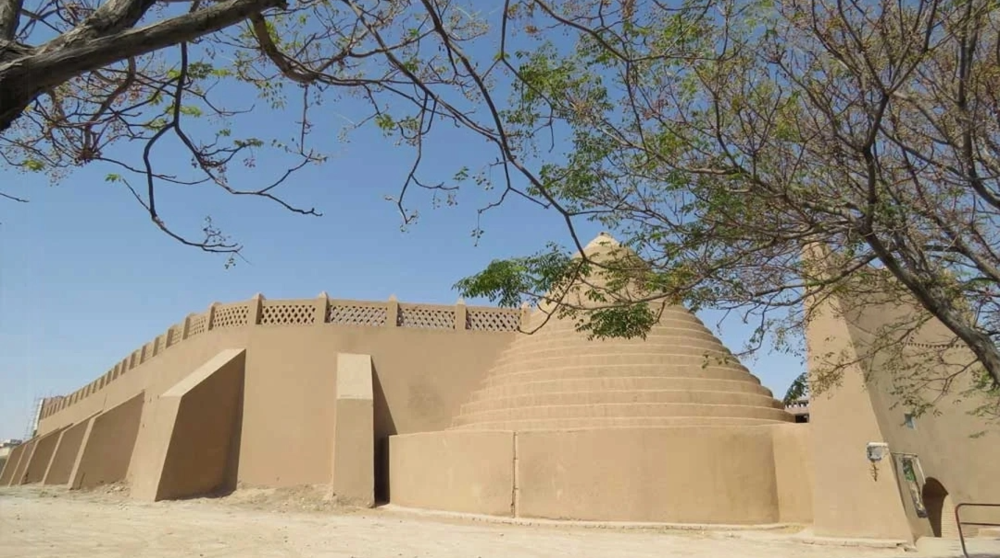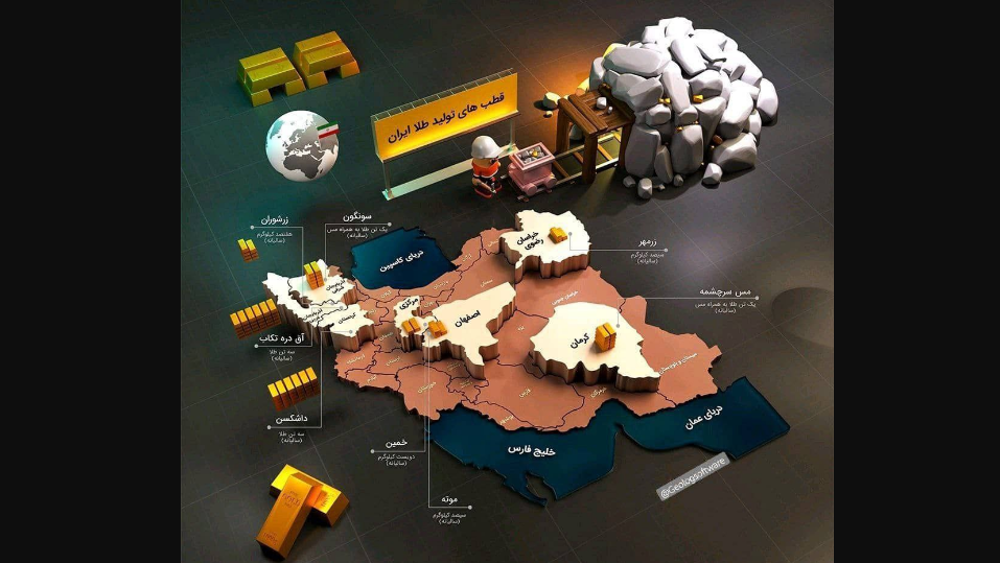Fingers crossed as India vows to expedite Chabahar project
Iran and India have agreed to speed up the development of Chabahar port which New Delhi views as a gateway to access Afghanistan and Central Asia.
Indian Foreign Minister Subrahmanyam Jaishankar announced the news on Monday after meeting Iranian officials in Tehran where the two sides took a stock of the state of bilateral relations after the US reimposition of sanctions on Tehran.
Under US pressure, India has stopped buying oil from Iran, one of its top suppliers, and moved gingerly on its long-cherished dream of extending New Delhi’s reach to Afghanistan, Central Asia and beyond via Chabahar.
India’s dithering is incrementally frustrating because Chabahar is exempted from the sanctions that the United States began reimposing last year after withdrawing from a landmark nuclear agreement with Iran.
The rare exemption provided by the US is due to the pivotal role which the port is about to play in bringing landlocked Afghanistan out of isolation. Afghans hope it could boost their war-torn country’s trade and lay the foundations for tapping into billions of dollars worth of mineral reserves.
The port on the Gulf of Oman as well as road and rail links could also reduce Afghanistan’s dependence on foreign aid and check the illicit opium trade that has been a major source of revenue for militants.
For Indians, the project is on course to change the whole economic geography of the region because it gives them direct unobstructed access to Central Asia, to Russia and Europe.
Launched in 2016 between Iran, Afghanistan and India, the project has faced repeated holdups, however, almost stalling after the US reimposed sanctions on the Islamic Republic in May 2018.
Indian Prime Minister Narendra Modi has said his country would spend $500 million to develop Chabahar and related infrastructure to boost growth and spur the unhindered flow of commerce in the region.
India wants to develop two terminals with five berths at the Shahid Beheshti area in Chabahar. It plans to build a 600-meter cargo terminal and a 640-meter container terminal, but only a portion of the two berths have been finished.
Last December, India took over operations at part of the Shahid Beheshti port, according to officials of the two countries.
On Sunday and Monday, Indian Foreign Minister Jaishankar met Iranian officials in Tehran and after their talks, he said the two sides had agreed to accelerate the development of Chabahar.
“Just concluded a very productive #IndiaIran Joint Commission Meeting,” Jaishankar tweeted as he wound up the two-day visit to the Iranian capital.
“Reviewed the entire gamut of our cooperation. Agreed on accelerating our Chabahar project,” he added.
Iran’s President Hassan Rouhani said in a joint news conference with Jaishankar that the project would boost trade in the region.
“Completing the Chabahar-Zahedan railway and connecting it to Iran’s national railway can elevate the position of Chabahar port, revolutionize regional commerce and help transport goods on a cheaper and shorter route,” he said.
Rouhani said Iran and India have to continue bilateral cooperation and not allow the United States to stand in the way of their relations with unilateral sanctions.
India stopped buying Iranian oil after the US canceled waivers for eight countries continuing Iran shipments in May.
India’s ambassador to the US said in August American sanctions on Iran were hurting his country which was finding it hard to replace Iranian oil imports.
Iran's Foreign Minister Mohammad Javad Zarif said last month India had actually put itself “on the receiving end” of US “bullying” after caving in to illegal sanctions and ending oil imports from the Islamic Republic.
“India has certainly taken a stance against the sanctions… so that’s been encouraging, (but) of course, we expected our friends to be more resilient vis-a-vis US pressure,” Zarif reportedly told a group of visiting journalists from New Delhi in Tehran.
“This situation certainly will not last, and America will be forced to stop its maximum pressure against Iran sooner or later,” Rouhani told Jaishankar on Monday.
Report: Epstein account remained active after death, lists Israeli ex-military figure among contacts
VIDEO | Choosing to stay: Palestinian-Americans building life at home
FM questions ‘narrative’ pushed by Israeli-American Trump donor’s outlet ahead of Netanyahu visit
US lawmaker blasts attorney general for ‘lying under oath’ over handling of Epstein probe
Iran received no concrete US proposal in Oman talks: Security chief
Nouri al-Maliki defends Hashd al-Shaabi as inseparable part of Iraqi security system
British PM Keir Starmer faces calls to resign
Iran’s Kowsar satellite beams Islamic Revolution anniversary message across region












 This makes it easy to access the Press TV website
This makes it easy to access the Press TV website